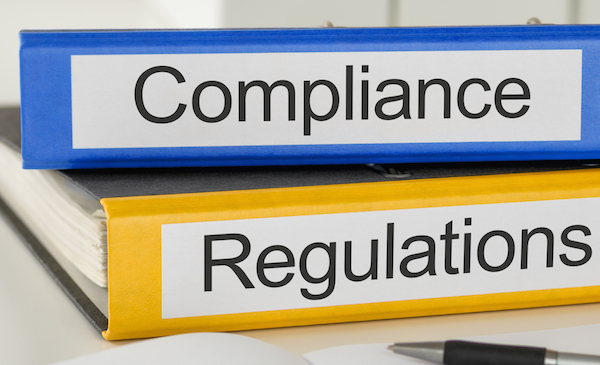Joining others, ACA International has filed its comment to the Federal Communications Commission‘s proposed rule that would allow for the use of autodialer technology to contact individuals via their mobile phones when trying to collect on debts that are guaranteed by the federal government, such as student loans.
Legitimate debt collectors, like those who collect government debt and are the subject of this rulemaking, have no reason to call consumers on a mobile telephone except to convey or obtain important information. It is imperative that the Commission does not regulate from the perspective that all callers who use modern technology to contact consumers are bad actors. The consequences of that flawed assumption are disastrous.
ACA’s comment was 24 pages long and the association laid out its argument in three main sections: that the FCC should not attempt to use the TCPA to regulate debt collection practices that are out of the expertise of the agency, that calls covered under the statute should extend beyond debts that are either delinquent or in default, and that the FCC should wait until the Consumer Financial Protection Bureau issues its proposed debt collection rule before implementing any guidelines regarding call frequency and duration.
Finally, while it is understandable that most consumers do not look forward to or enjoy receiving a call from a debt collector, dialogue is essential to the successful resolution of a debt. Given this, it is important that the Commission understands the difference between “unwanted” debt collection calls in the sense that such calls can lead to difficult, emotionally charged conversations and therefore are not necessarily relished by consumers versus “unwanted” debt collection calls that are harassing or abusive. While the latter should certainly be prohibited – and already are under federal and state laws outside of the TCPA as already discussed – the former should be encouraged to effectuate important public policy goals that support our credit-based economy.
The FCC should not use the TCPA to regulate debt collections because “many of the concerns the Commission appears to have related to debt collection communications are already made unlawful and enforceable on the federal level by the CFPB and the FTC, and on the state level through state attorneys general and state regulators,” ACA wrote in its comment.
ACA goes on to state that servicing calls — before a loan is delinquent or in default — should be covered under the proposed rule, as should calls to help locate a debtor. ACA even goes as far as to suggest that should a collector reach a borrower on his or her mobile phone to talk about a loan guaranteed by the federal government, that the collector should be able to talk about other loans that may be delinquent as well. Wrote ACA: To adopt rules that would prohibit a consumer from speaking to a debt collector about multiple debt obligations in a single covered call because one of the debts may not be “owed to or guaranteed by the United States,” would not only be confusing to a consumer, but it simply does not make sense.
To illustrate, imagine a scenario in which a debt collector has been trying to contact a consumer about his or her delinquent automobile loan in addition to another federal government debt. If the debt collector manages to successfully contact the consumer about the government debt and then during that same conversation the consumer asks, “Can we resolve my car loan, too?”, would the debt collector have to decline and tell the consumer that car loan debt would have to be handled in a separate communication or risk the call losing its covered status under the exemption? It would seem unnecessarily burdensome and without any real countervailing benefit to force such a call to be terminated prematurely so that a separate additional call could be made to the same consumer. To avoid this, the Commission should extend the exemption to include calls that contain informational, debt-collection content beyond the government debt as long as the primary purpose of the call is to collect government debt.
Calls made to an unintended recipient, including calls to a reassigned number or to an incorrect party, should also be covered under the proposed rule, ACA suggested.
The FCC’s proposal would limit collectors to three calls per month per delinquent account. Given that the CFPB asked for comments regarding call frequency in its advanced notice of proposed rulemaking, the FCC should wait until the CFPB rule is released before issuing its own standard, which may run contrary to what the CFPB is going to do, ACA argues.
Legitimate debt collectors, like those who collect government debt and are the subject of this rulemaking, have no reason to call consumers on a mobile telephone except to convey or obtain important information.









